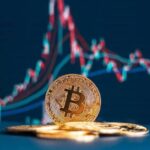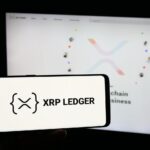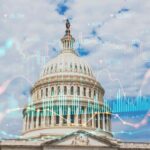Lawyer Bill Morgan has called out what he described as the biggest lie regarding XRP’s lack of perceived legal clarity.
Morgan, a supporter of Ripple and XRP, was responding to an X user on June 1 who argued that XRP has no legal standing, lacks major institutional support, and plays no role in central bank digital currencies (CBDCs).
He firmly rejected that claim, citing Judge Analisa Torres’s July 2023 ruling, which determined that XRP, as a digital asset, is not inherently a security.
The ruling made a clear distinction: while Ripple’s institutional sales were deemed securities transactions, programmatic sales on exchanges were not.
Although the SEC appealed parts of the decision in October 2024, it notably did not challenge the key finding that XRP is not a security.
Morgan argued that this reinforces the view that XRP enjoys a level of judicial clarity that most other cryptocurrencies, like Bitcoin (BTC), do not.
XRP’s strong legal standing
He further emphasized that the judge’s commentary, known as obiter dicta, holds persuasive value in legal circles, giving XRP a stronger position in regulatory debates.
“Dicta does provide a degree of legal clarity. It is persuasive authority and there is no finding to the contrary that XRP is a security. Also persuasive is the reasoning that led to the funding that XRP is not a security. It has more judicial clarity than Bitcoin which has none,” he said.
Morgan also noted that this precedent offers XRP a more defined legal status than Bitcoin, which lacks a similar court ruling.
For now, the case remains unresolved. Following Ripple’s partial victory, both parties are back in court awaiting settlement approval.
The proposed deal would see Ripple pay $75 million of its $125 million fine, potentially forfeiting the remaining $50 million.
However, the court rejected the proposed settlement, stating that the joint filing was procedurally flawed and lacked legal justification.
Featured image via Shutterstock









